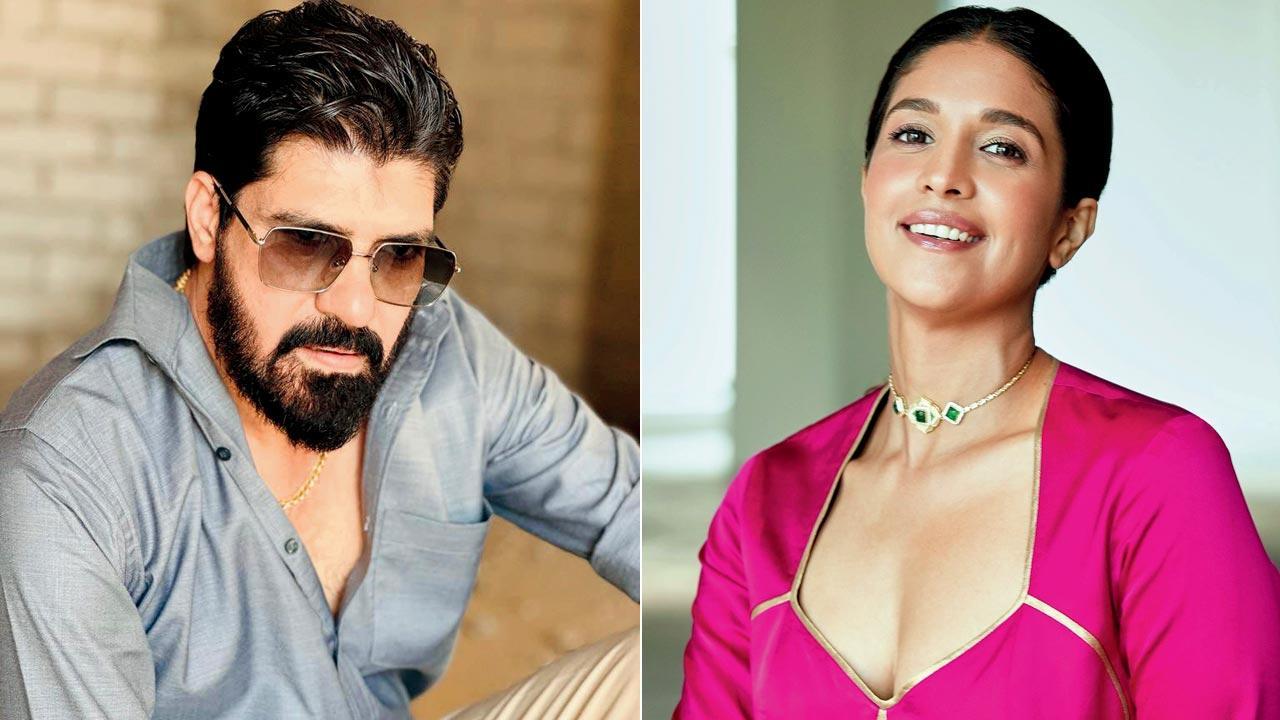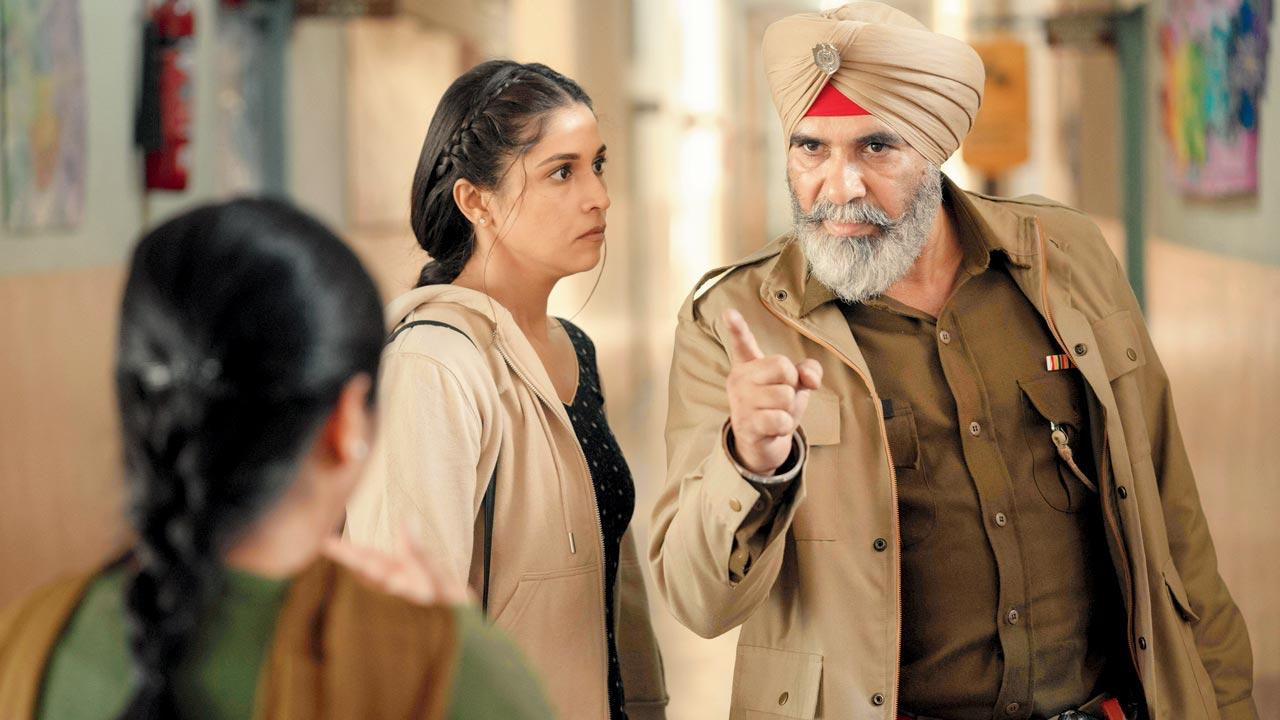After Kohrra, actor Harleen Sethi hopes she doesn’t get stereotyped as a Punjabi girl, but Suvinder Vicky says he doesn’t mind being a Sikh cop all over again

Suvinder Vicky and Harleen Sethi
At the core of Kohrra is the dysfunctional relationship between a father and a daughter. Balbir Singh, played by Suvinder Vicky, and Nimrat Kaur, played by Harleen Sethi, are angry at each other. Where the father thinks their daughter is going wayward, the daughter resents the manner in which she was raised. The relationship needs work, but the performances are pitch perfect. We are speaking to the two on Zoom on a particularly rainy Mumbai day—Sethi is at her home in Andheri, and Vicky is joining in from Punjab.
ADVERTISEMENT
And that’s the main difference: While Sethi is a Sikhni born and brought up in Mumbai (her ancestors are from Pakistan), Vicky is a Punjabi munda born in Sirsa.
“I didn’t even know how to speak in Punjabi,” says Sethi, “and at one point in the show, I have a long monologue in the language. But Suvinder paji helped me.” She now seems at ease with the language, asking Vicky when he will be back so that they can meet up. “Tussi toh star ban gaye ho!” she says. Vicky, shy, laughs: “Tu bhi toh! I will be back soon. And of course, we have to meet. But Harleen impressed me. She got a Punjabi tattoo that says ‘Nirbhau Nirvair (without fear, without hate)’, and I knew she had committed herself to the process. She would come up to us after every line, ‘I said it right?’”
 Sethi and Vicky play father and daughter in Kohrra on Netflix India
Sethi and Vicky play father and daughter in Kohrra on Netflix India
Sethi grew up in Andheri West, Mumbai, dancing as part of choreographer Ashley Lobo’s troupe; Vicky grew up doing theatre at Punjab University. Sethi made good with leads in shows such as Broken but Beautiful, and Vicky has done multiple movies (2016’s Udta Punjab) and shows like CAT, in which too he played a Sikh cop. He has been quoted by many reports as saying that “it’s better that success came to him late rather than never”.
But for both, the opportunity to be in Kohrra gave rise to different kinds of emotions. “I was too excited when this role came by,” says Sethi. “I had to go to Punjab and speak Punjabi. It was a challenge and a different kind of role. Also, it was a character role, not lead. There were some apprehensions, but I knew it was going to be great. The industry does stereotype you—so I really wish that doesn’t happen with us.”
For Vicky, who calls the success of Kohrra “a balle balle feeling—Punjabi style”, the role was just another one he needed to take up. “If people want to keep casting me as a Sikh cop again and again, well, that’s the way it is,” he shrugs. “I can only say no if I have another choice in front of me. But that’s not the case. This is it. So I take what I get. At least now, people are saying ‘Paaji, you look great in pagdi’, ‘Paaji, we saw your other show, CAT, also!’”
Ask whether having Punjab as the background has contributed to the show’s success, and Vicky says it’s the story that’s the true star. “It could have been set in Haryana also,” he says. “Then the language would have changed. The rest would have remained the same—down to the fields. It’s the story that’s got the good stuff and that’s what made this show a hit. But, yes, people have appreciated the language—they like the sound of Punjabi. It’s so sweet.”
 Subscribe today by clicking the link and stay updated with the latest news!" Click here!
Subscribe today by clicking the link and stay updated with the latest news!" Click here!







